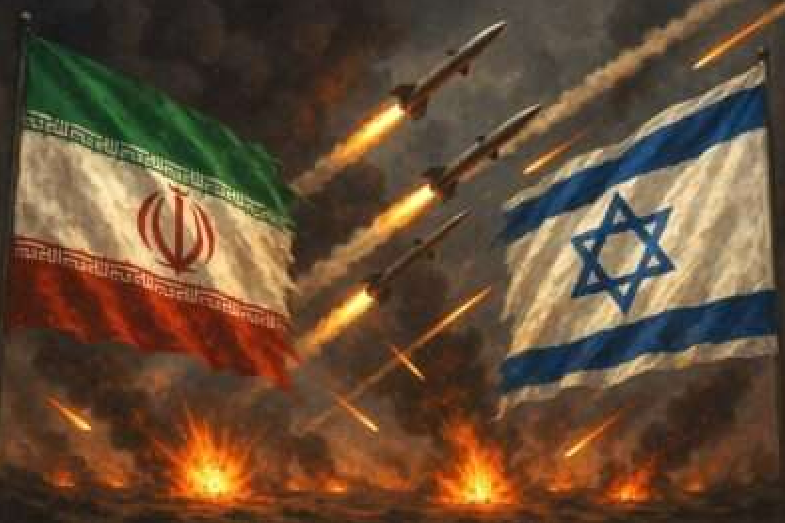ALWAGHT- The Zionists faced defeat in the 12-day conflict with Iran—a war they aimed to win decisively but instead endured an unprecedented strategic setback.
The 12-day war, sparked by the Israeli regime’s aggressive strikes on Iranian territory, was a pivotal conflict that reshaped regional dynamics, deterrence, and alliances. Iran entered the war defending its sovereignty and right to nuclear and missile capabilities, ultimately emerging victorious. Meanwhile, the Zionist regime suffered significant defeats, damaging its reputation and exposing vulnerabilities, leaving its public shocked and divided.
The conflict began with Israel’s surprise attacks on Iranian sites and personnel, aiming to intimidate Tehran. However, Iran responded with precise, large-scale missile strikes that penetrated Israel’s air defenses and targeted critical military and infrastructure sites. Within days, Israel recognized its strategic error and, under US pressure, sought a ceasefire to halt the escalating crisis. The war revealed the failure of Israel’s famed Iron Dome and David’s Sling defense systems against advanced Iranian missiles.
Internally, the war strengthened Iranian national unity and dismantled espionage networks, while deepening divisions within Israeli political and military ranks. Public dissatisfaction in Israel grew over defense failures and political leadership, contrasting sharply with Iran’s solidarity and resolve. Iran’s victory was rooted not only in military technology but also in national confidence and determination, leaving Israel politically weakened and strategically wounded in a battle it had expected to decisively win.



























